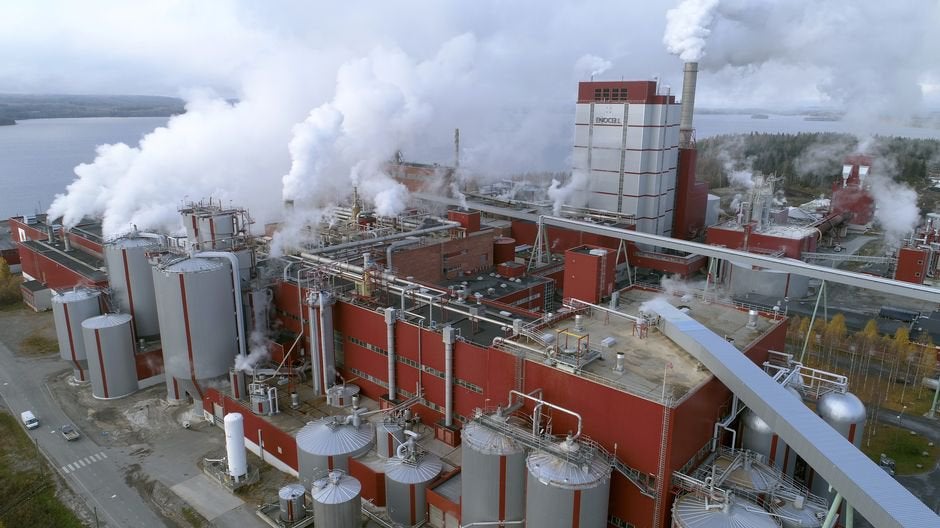
Recently local Chinese media, The South China Morning Post (SCMP) reported that most of the chemical wood pulp material used in Xinjiang came from Finland, and shortly after that the Finnish Stora Enso, manufacturer of pulp, paper, and other forest products announced that the company plans to stop their production of wood pulp in the Finnish city of Joensuu.
Finland is a large supplier of pulp used to make viscose in factories near China’s Uighur forced labor and retraining camp. According to Finnish news YLE, the Helsinki-headquartered company stated that it is due to ‘strategic and economic reasons and did not confirm that ethical factors played a role despite recent adverse publicity about exports to China.
According to SCMP’s reports, Finland has since 2017 exported about EUR 311 million worth of pulp to the Xinjiang region, and the production of turning pulp into viscose takes place at giant factories operated by the firm Zhongtai Chemical, located very near China’s Uighur labor and retraining camps. The news outlet reported that a hazardous chemical process is utilized to transform the pulp into viscose, also known as rayon which is a material used in the textile industry.
International observers and human rights groups have reported on the ill-treatment of the minority Uighur population. It is estimated that at least one million Uighurs were currently being held in detention centers, where forced labor and the sterilization of women occurs.
China continues to deny the allegations of forced labor and human rights violations.




